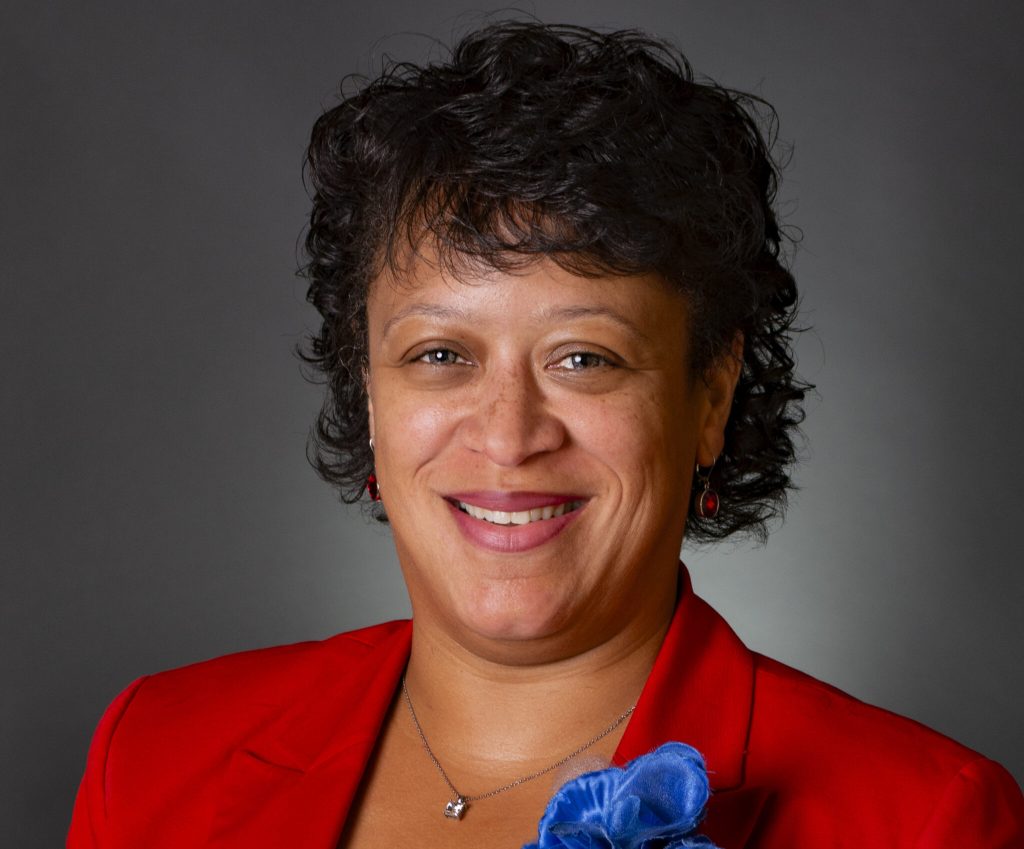NASHVILLE, Tenn. — The following may be attributed to TEA President Tanya T. Coats, a veteran Knox County educator:
“The passage of universal vouchers makes clear that the state wishes to provide maximum flexibility to meet the needs of each individual child; therefore, we look forward to working with the General Assembly to provide public schools with the same freedom to teach children that private schools currently enjoy. Ensuring that all schools receiving taxpayer support are judged on a level playing field should be a top priority for lawmakers, and we trust there will be no double standard with respect to permitting schools to achieve their mission without government interference.
“Parents and teachers expect more details to support the claim that vouchers won’t harm the public schools where nine out of ten kids will still receive their education. Other states have busted their budgets with similar programs, and the state’s own analysis showed districts will receive less money per student. The state must act to ensure action matches rhetoric.
“The governor and lawmakers have assured us they are not abandoning our public schools. However, Tennessee still has significant work ahead to ensure that public schools have the necessary resources to support both students and educators. Tennessee students need more time to learn, and teachers need more time to teach. The General Assembly should be looking for ways to reduce high stakes standardized testing, allowing for more meaningful assessments that focus on student learning rather than test preparation.
“Tennessee must also implement initiatives to recruit and retain qualified teachers – thereby addressing staff shortages and ensuring diverse and effective educators in every classroom – while upholding the integrity of the profession. A key component of this type of professional investment is to ensure competitive salaries, professional development, and resources to enhance teaching quality.
“Tragedies like what occurred at Antioch High School shine a light on the need for additional mental health supports in our schools. Rather than looking for ways to shift resources away from public schools, the state should ensure that we are combining investment in school security with strategies to ensure we’re addressing the wellbeing of all in our school community. This effort will be bolstered by strengthening and expanding community schools, creating supportive environments that integrate academic, health, and social services for students and families.”


